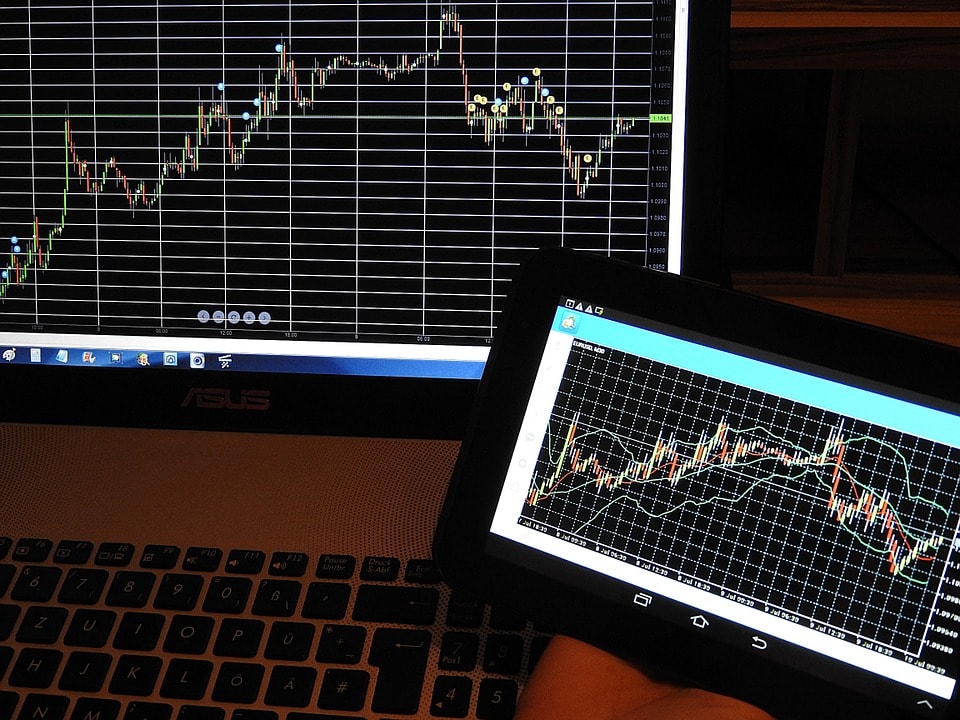What is a market maker, STP and ECN
November 20, 2016
Retail forex traders face a tough decision when deciding the brokerage house to use as not all brokers are what they are claiming to be. There are brokers that keep part of the trades “in-house”, meaning they will mirror their client’s trades, as well as brokers that are ECN (Electronic Communication Network) or STP (Straight Trough Processing).
And, of course, there are brokers who claim to be ECN or STP, and they are not. What are forex brokers categories and how to classify them?
Market Maker or Not
The first distinction that needs to be done is between a market maker or not. Market makers brokers are also being called dealing desk brokers and they make money through spreads (the difference between the ask and the bid price in a currency pair quotation).
These brokers are literally creating a market for their clients, often taking the other side of their client’s trades. There are trading departments specifically designed to do that, and it doesn’t necessarily mean that the broker is crooked.
The reason for doing that is coming simply from a statistical point of view. It is proved that retail traders are doomed to lose their first deposit in the first six trading months. Therefore, the forex broker will have better chances of making a profit if it trades the other way their traders.
A market maker is indifferent to the decisions of an individual trader as they are filling both sell and buy orders at the same time. This is what makes a dealing desk broker.
No-Dealing Desk Brokers
No-dealing desk forex brokers are further dividing into two subcategories: ECN and STP. A no-dealing desk broker is acting exactly the opposite way as compared with a market maker and it means that such a broker is not taking the opposite side of their traders’ orders.
They are merely an intermediary between the actual traders and interbank market, providing access to it. For this, they are charging a commission or putting a markup on the spreads offered.
A true ECN broker is difficult to be found, but not impossible. This is since conditions for a true ECN broker are tougher to comply with in the first place.
For example, such a broker allows the orders of its clients to interact with the orders of other market participants. Such participants can be other brokers, banks, liquidity providers, etc.
One way to know if your broker is an ECN broker is to look at the account types the broker is offering. If the account is based on a commission, most likely the broker is offering ECN conditions to trade that account.
If on the other hand, the broker offers variable spreads, it is most likely an STP broker. Such a broker will pair clients’ orders with the ones of the liquidity providers it is working it, with each provider quoting the bid and ask price of a specific currency pair.
The next step is to choose the best quotation to offer and therefore the spread is a variable one. Based on all the elements discussed so far, one can say that no-dealing desks are either STP or STP+ECN.
Again, it is very difficult for a broker to offer only full ECN accounts, as to survive only from commissions it requires a bigger initial deposit than otherwise. Therefore, chances are a broker will be both STP and ECN, meaning it will offer various trading account types to the retail trader.



